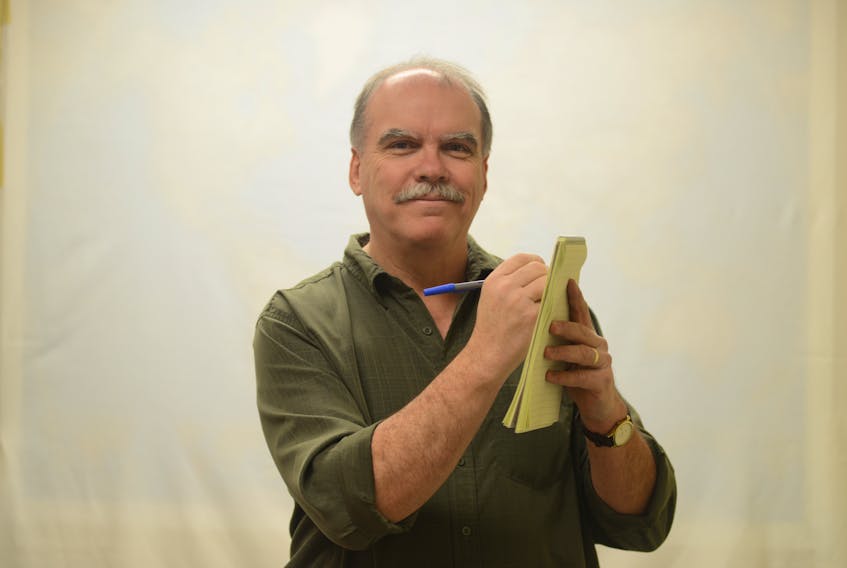Within easy walking distance was a one-room school housing about 30 students over six grade levels, a community hall and adjacent playground/ball diamond/soccer pitch, a general store, two churches (Catholic and Protestant, of course), an outdoor rink, a river rich in trout and smelts and, in any direction, friendly neighbours.
My daughters laugh when I recall a time before electricity and indoor plumbing … and they seem grateful they missed the “outhouse” era. While “them times” don’t really seem so long ago to me, I shouldn’t be surprised that in this age of selfdriving cars, smart phones and the ubiquitous internet, they find my childhood musings to be just short of prehistoric. To be fair, I thought the same thing as a youngster listening to stories (from all the way back to the early 1900s) told by my elders.
But it’s all part of our rich history, and knowing who we are and where we came from is important. These days, we seem to be falling short.
In a recent Guardian story, an Island historian said more people need to take an interest in community history to ensure it’s preserved for future generations.
“The gap between present and past is like a cement wall a mile high between the present and even 1965,” John Cousins told Saltwire’s Eric McCarthy. He’s a retired UPEI professor who I fondly recall as a high school history teacher in the mid1970s.
As an educator, Cousins has done a great deal to instil among young Islanders a love and appreciation of their heritage. His high school classes were much more than a recitation of historical data. They were packed with colourful stories of the history and folklore of our own communities, often punctuated with songs he would sing about life in the bygone days.
Years later, I took one his classes at UPEI. For one assignment, I interviewed several people, among them my mother and father-in-law, about potatoplanting in the days before modern mechanization. The resulting essay was a tiny slice of Island agricultural history through the eyes of knowledgable, local voices who, unfortunately, are no longer with us.
Cousins is still compiling historical stories, most recently in researching his own rural community. He says every community has a history that should be told for the benefit of current and future generations.
“These were good people … who worked and lived alongside one another and lasted for generations, and endured. And now we forget their names, even … and it’s sad.”
I need to look no farther than my own community to confirm what he’s saying. I know something about life there since the 1960s, but little about its earlier history and folklore, or even how it got its name.
While many splendid community histories have been written on P.E.I., I don’t believe Glenwood is among them. And I’m sure there are dozens of other communities across the province with historical stories begging to be chronicled.
Are we up to it? If not, then Cousins’ fear of local history being lost will become a reality.
And that, as he says, would just be sad.









